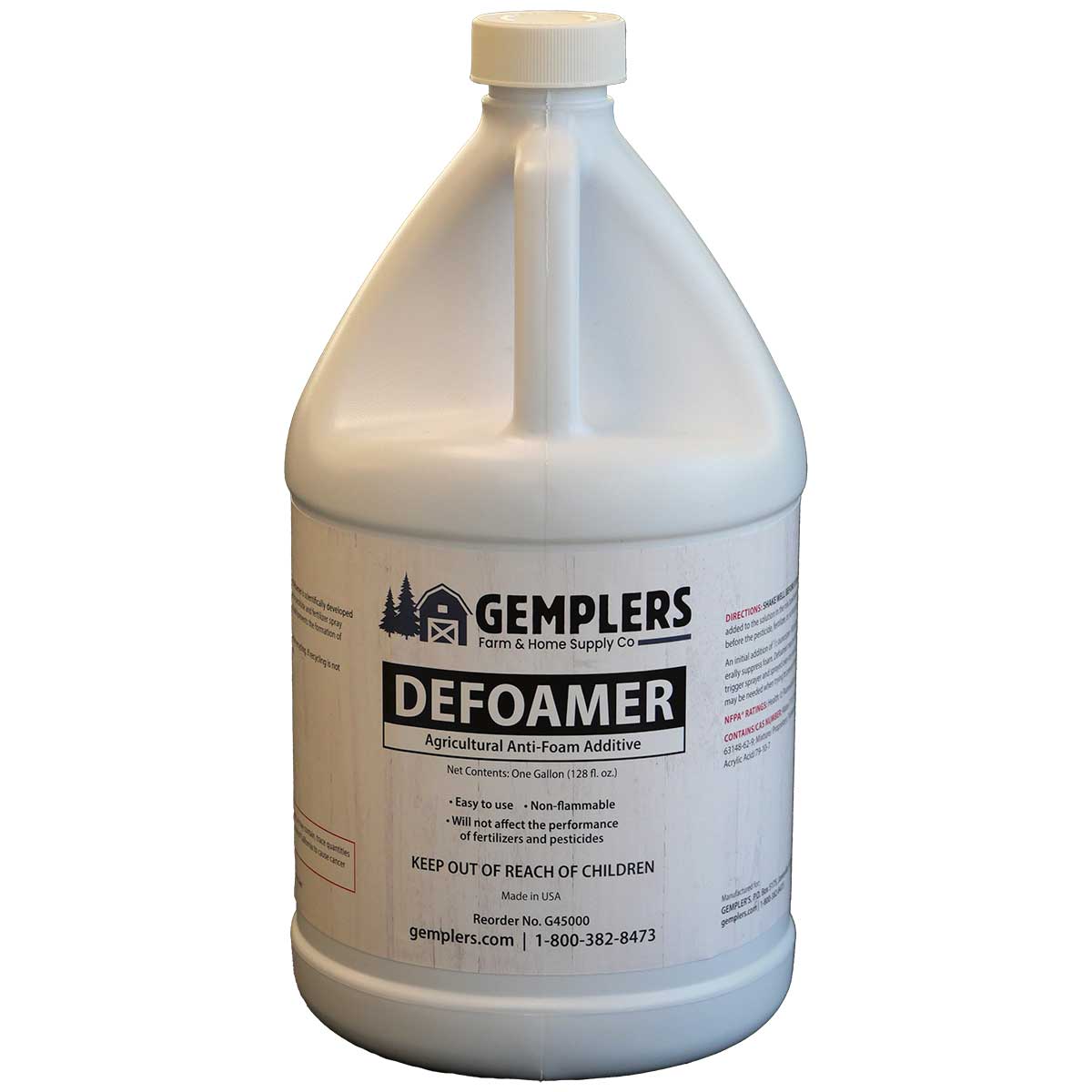Choosing the Best Defoamers for Your Manufacturing Line
Wiki Article
The Role of Defoamers in Enhancing Item Top Quality and Efficiency
Defoamers serve as important ingredients that alleviate this concern, ensuring smoother manufacturing workflows while improving the functional and visual features of the final items. The option of the appropriate defoamer can be vital to attaining optimal results, raising essential inquiries about formulation compatibility and performance metrics that merit further exploration.Recognizing Defoamers
Recognizing the role of defoamers is vital for preserving item high quality throughout numerous sectors. Defoamers are chemical ingredients created to decrease and avoid the formation of foam in liquid systems, which can adversely influence procedures such as blending, filling, and surface stress. Frothing can cause inefficiencies, product problems, and compromised aesthetic allure, making defoamers an important element in manufacturing procedures.In industrial applications, defoamers aid to boost item consistency and security. The effective use of defoamers not just guarantees smoother manufacturing procedures yet likewise adds to exceptional item performance.
Furthermore, the option and formulation of a defoamer have to line up with specific application needs, such as compatibility with other active ingredients, efficiency under differing temperature and pH problems, and prospective governing restraints. Ultimately, understanding defoamers' functions and their importance in different formulations is vital for optimizing manufacturing and ensuring the highest high quality end items.
Sorts Of Defoamers
Defoamers can be classified right into several types based upon their make-up and mechanism of activity. The key types consist of silicone-based, non-silicone organic, and not natural defoamers.Silicone-based defoamers are amongst the most efficient, mainly due to their capability to spread swiftly on the liquid surface and interrupt foam development. Their unique chemical framework enables remarkable security, making them ideal for high-temperature applications and settings with varying pH levels.
Non-silicone organic defoamers, often composed of fatty acids or all-natural oils, are valued for their biodegradability and reduced poisoning. These are usually used in food and beverage applications where safety and environmental effect are vital.
Not natural defoamers, which consist of materials like talc or calcium carbonate, act by increasing the thickness of the liquid, thus minimizing foam stability. They are usually utilized in industrial procedures where compatibility with various other products is not an issue.
Each kind of defoamer has distinct benefits and constraints, permitting customized remedies relying on the details frothing concerns encountered in various applications. Comprehending these differences is important for maximizing efficiency and accomplishing wanted item high quality.
Applications Across Industries
Many sectors utilize defoamers to improve product high quality and functional effectiveness. In the food and beverage field, defoamers are critical in procedures such as developing and dairy products manufacturing to avoid foam development, which can result in inefficiencies and item disparity. By regulating foam, suppliers can make certain much better yield and a more consistent product.In the pharmaceutical sector, defoamers play a crucial role in the solution of liquid drugs, where extreme foam can hamper mixing and exact dosing. Their usage aids preserve the honesty of the formulas and facilitates smoother production procedures.
The paint and finishes industry likewise depends on defoamers to improve the efficiency of items during application. By minimizing foam, these ingredients make sure a smoother finish and improve the visual high qualities of the final product.

Advantages of Utilizing Defoamers
While the application of defoamers varies throughout sectors, their advantages constantly enhance item high quality and process efficiency. One substantial advantage additional reading is the decrease of foam formation during manufacturing procedures, which can otherwise cause production hold-ups and disparities in item high quality. By minimizing foam, defoamers allow a smoother flow of materials, facilitating a lot more efficient procedures and decreasing the chance of equipment breakdowns.In addition, making use of defoamers can boost the appearance and structure of last items. In industries such as coatings, click this site paints, and food processing, too much foam can compromise the visual appearances and general top quality, while the proper defoamer application makes certain an uniform coating and preferable features. Defoamers can add to cost financial savings by decreasing waste during production and optimizing the use of raw materials.

Choosing the Right Defoamer
Picking the right defoamer is important for maximizing production processes and making sure item top quality. The selection of defoamer influences not only the effectiveness of foam control but likewise the general efficiency features of the end product. Factors to consider include the type of application, the chemistry of the formulation, and the environmental problems under which the product will certainly be made use of.Various sectors may need certain defoamer kinds, such as silicone-based, organic, or polymeric defoamers. Comprehending the compatibility of the defoamer with the main ingredients is important to avoid unfavorable reactions that could endanger item stability. Furthermore, the defoamer's performance in various temperature levels and pH degrees should be reviewed to guarantee constant performance.
Checking the defoamer in small applications can supply important understandings into its performance and viability. Consideration of regulative compliance, especially in food, drugs, and cosmetics, is extremely important in selecting a defoamer. Eventually, a complete analysis of these elements will certainly lead to the choice of a defoamer that not just controls foam efficiently yet also home enhances the high quality and efficiency of the final item.
Verdict

In verdict, defoamers are necessary additives that considerably improve product quality and efficiency across various markets. The calculated choice and application of defoamers lead to set you back savings, maximized source use, and increased consumer contentment.
Foaming can lead to inadequacies, item problems, and endangered aesthetic allure, making defoamers an essential part in producing operations.

Report this wiki page